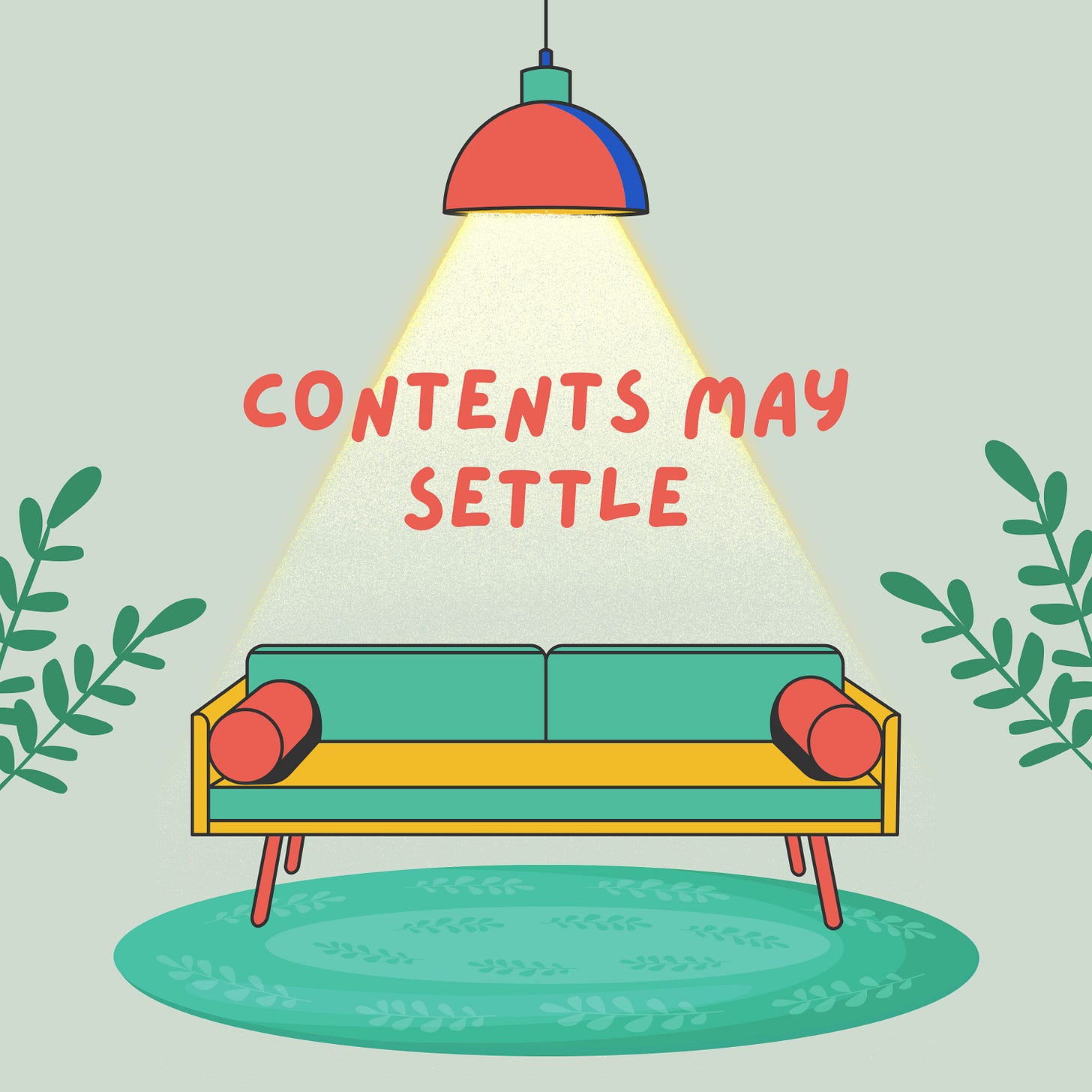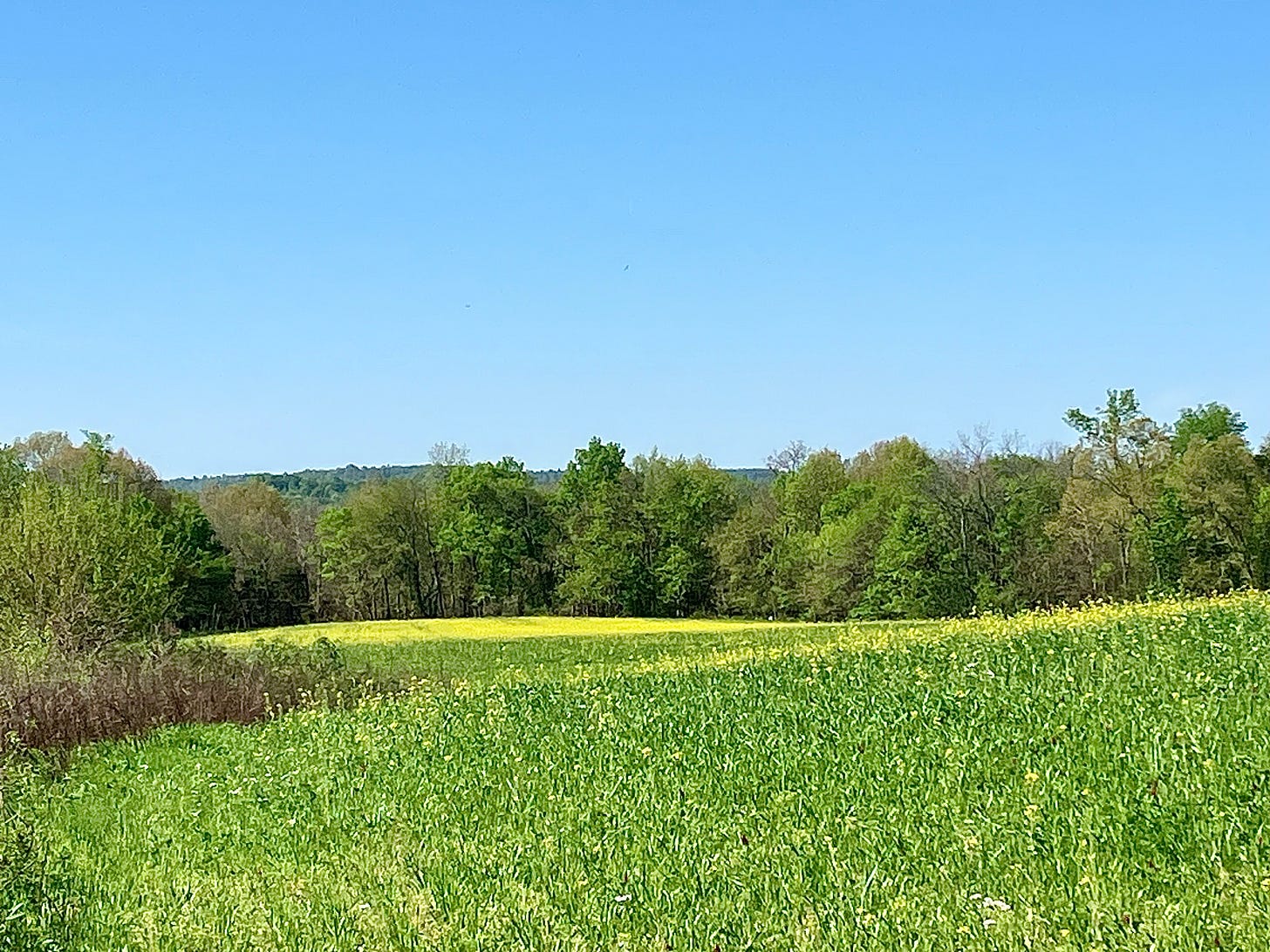Everyone and their dog seems to have a podcast these days. If I hadn’t thought of a kind I hadn’t come across or heard about, I wouldn’t have jumped into that crowded pool.
I wrote about the extraordinary artist collective I was part of in A Couple of Pandemic Gifts in February. That was a group where we supported one another and where one person’s courage inspired others to take leaps into the unknown, try new types of writing or art, and ship new projects into the world. That creative, cross-pollinating collective is where I met Chaney Williams.
They were a beaming, benevolent presence, quietly taking in the spirit of the group and the members. When they spoke, the words were thoughtful and interesting. I felt drawn to them, sensing a kindred spirit. I think I reached out, wanting to know them better. Right from our first solo video call, our friendship took off. Our conversation ranged wide and deep. There were no awkward silences. Somehow, we got onto the subject of healing. Thirty years apart in age, we had so much in common with our healing journeys and our core values of equality and wanting everyone to have what they need to have their best lives and make their contributions to the world.
We also talked about having Chronic Post-traumatic stress disorder (CPTSD)and how that affected our lives every day. Chatting with someone who understood that largely interior, lifelong plague, was a balm.
Chaney and I have much in common, but our many differences add spice to our curious minds and conversations. I’m a boomer and Chaney’s a millennial. Chaney’s biracial, and I’m Italian American. I’m hetero and cisgender, and she’s non-binary.
Chaney’s a Kentuckian, and I grew up in a New York City suburb.
In another lifetime, I was a civil rights attorney with a small practice. Chaney’s a full-spectrum Doula who was studying to be a midwife when the pandemic and life interrupted those plans.
After several months of one-on-one calls, I thought, “We’re an interesting pair and our conversations would make a good podcast.” I hadn’t come across any podcasts with co-hosts of different generations, races, ethnicities, and sexual/gender identities. A search found a father-daughter one and that’s as close as it got.
As we shared in our first episode, I approached Chaney about starting a podcast with great trepidation. I gave them a couple of easy outs if they weren’t interested or didn’t have time. Would someone her age want to team up with someone mine? I needn’t have worried. Chaney shared that she’d had a similar idea and concerns about approaching me. They were in!
That was last summer or fall. By the end of November, we’d recorded our introductory episode and one about how daily rituals mark transitions and provide us with moments of calm we can count on in an unsettling world. We knew an episode where we’d share what it was like living with PTSD in female bodies. We recorded that one at the beginning of the year.
We both found it difficult to talk about the PTSD aspects that are with so often, but no one sees. Other than an extreme startle response, there are few outward manifestations. In other words, things we deal with that no one sees, or knows that we struggle with. Those experiences are hidden, and we haven’t heard anyone speak about them. Talking about those aspects felt vulnerable and was triggering.
It took me a long time to take a pass at editing that episode. We didn’t include details of what caused the CPTSD, but any conversation about PTSD can be triggering to others and ourselves.
Months passed before I finally finished editing. I’m a novice at editing, as you will hear if you listen. This is not a polished production by professionals. I left ‘ums,’ ‘you knows’ and other indications that these are real conversations between everyday people. We hope a thought, idea, or insight we share will make someone else’s path a little easier. I’ve read that we all want to feel seen, heard, and understood. That’s what we want for our listeners.
We’re going to record a follow-up to the PTSD episode about how much we’ve both healed from the PTSD, thanks to neuroscience breakthroughs. It is now known how traumatic memories are locked into the amygdala, along with the terror and other high emotions. It’s understood how people are triggered right back to those terrifying moments. Professionals can help unlock the upsetting emotions from those memories so they are not as disturbing.
Another episode we plan to record soon is a conversation about the many words related to gender and sexual identity. They are evolving and can mean different things to individuals in the LGBTQIA community. We chat about what some words and terms relate to right now, how to use them respectfully, and generally seek to foster understanding and caring. We also share resources we’ve found helpful. Chaney tells me they still hear unfamiliar terms. They are generous and thoughtful about calling people in instead of calling them out.
Some of what we’ll cover:
Basics like what does LGBTQIA stand for?
What is intersectionality? Another time I’d like to talk to Chaney about her experiences with that.
What does it mean to be non-binary? Differentiate from bisexual
How do she/they pronouns work in practice?
Of course, Chaney is not a spokesperson for the LGBTQIA community. As always, we talk about our personal experiences and perspectives.
Another topic we want to talk about is how differently we grew up and what differing expectations we were given for our futures. The world has altered a great deal and that includes a generation’s hopes and dreams.
We’ll chat sometime about regional differences, stereotypes, and misperceptions.
Chaney and I have both written memoir, explored our family histories, and are interested in subjects like identity and social justice. We’re both multi-creative, curious about the lives of others, and seek to give ourselves the best, healthiest, most joyful lives we can. We want to help create a society that enables everyone to have that kind of life.
I invite you to listen and hope you hear something that makes a positive difference in your life.
Resources:
Our website, Contents May Settle
If you listen on Apple and like what you hear, it would mean a lot to us if you’d leave a rating and review.






I'm excited for you both and feel this is really going to help your listeners!